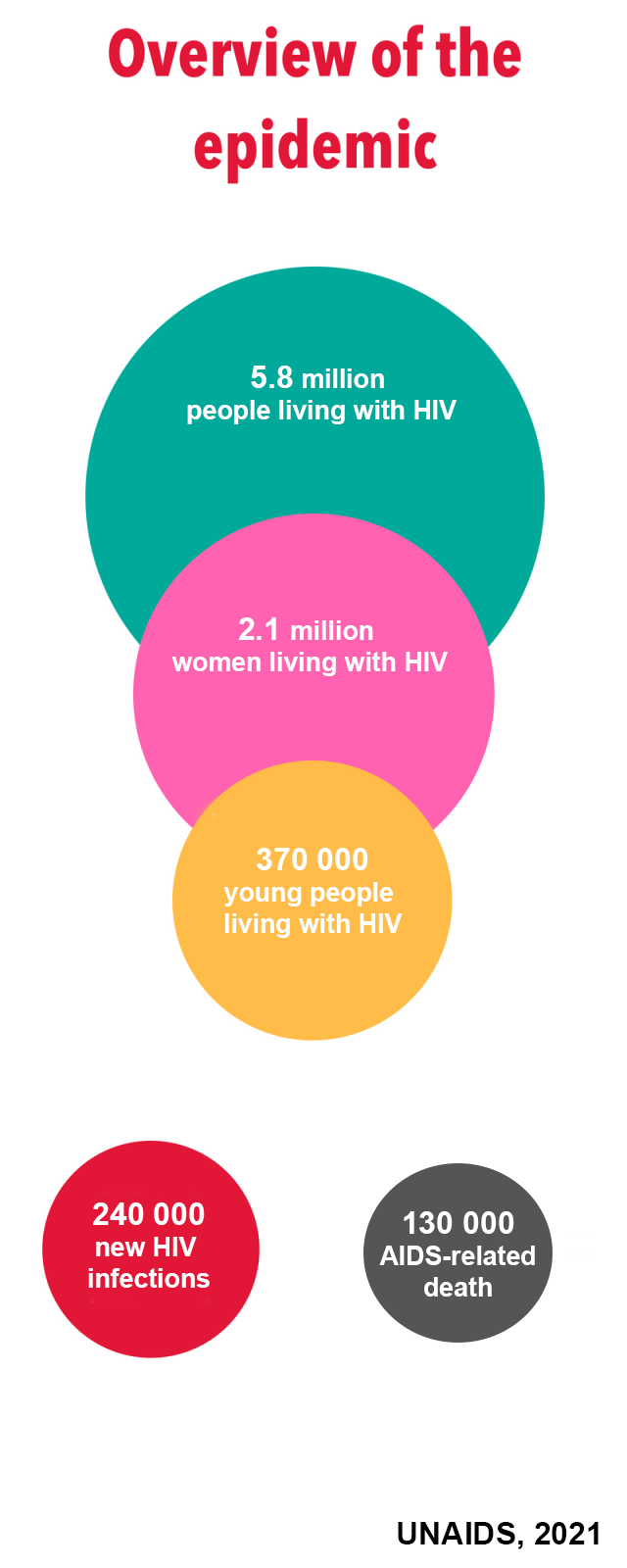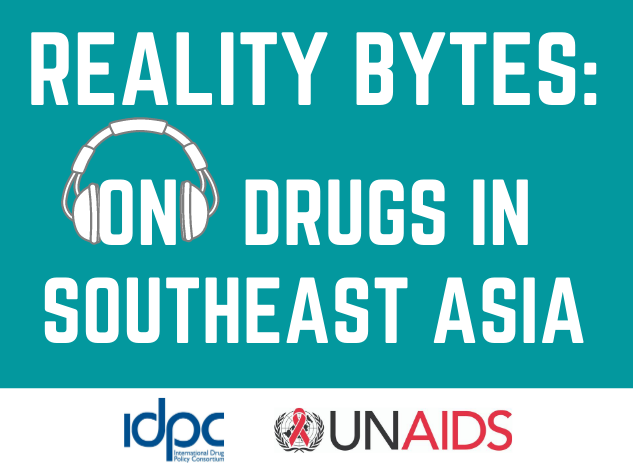
PORT MORESBY, 22 February 2024— Ahead of Zero Discrimination Day, commemorated annually on March 1, UNAIDS Regional Director for the Asia Pacific and Eastern Europe Central Asia Regions, Mr. Eamonn Murphy, visited Papua New Guinea. The mission aimed to raise awareness, mobilize action, and advocate for urgent measures to address the country’s growing HIV crisis.
Read More
UNAIDS joined the Asian Development Bank in January to hold a side meeting at the Prince Mahidol Award Conference (PMAC) on “Sustaining Equitable Universal Health Coverage for Key and Vulnerable Populations”. The meeting featured a panel of experts from government, civil society, ADB and UNAIDS and The participants explored the roles of government and development partners in ensuring adequate financing for Universal Health Coverage in the current era of poly-crises.
Read MoreRegistration open: Sustaining equitable Universal Health Coverage for key and vulnerable populations

The UNAIDS Regional Support Team and Asian Development Bank will host a side meeting ahead of the 2024 Prince Mahidol Award Conference (PMAC) in Bangkok, Thailand on January 22nd. The event will explore how countries can ensure access to health services by key populations and marginalized populations. Registration is open until January 15th.
Read More
A new report by UNAIDS demonstrates the critical role communities play, and how underfunding and harmful barriers are holding back their lifesaving work and obstructing the end of AIDS.
GENEVA/BANGKOK, 28 November 2023—As World AIDS Day (1 December) approaches, UNAIDS is urging governments to fully leverage the power of grassroots communities to help end AIDS as a public health threat. A new report launched today by UNAIDS, Let Communities Lead, shows that the proportion of HIV funding channeled through community-led organizations has declined by at least 35% over the last decade. To accelerate progress, the work of communities on the frontline must be better integrated into all aspects of the HIV response and properly resourced.
Read More
Please invite communities of people living with HIV, key populations and other civil society organizations in your country to join our virtual World AIDS Day share fair. They will be briefed on the 2023 World AIDS Day report and learn from other community leaders about strategies for stronger social media and news media engagement to advance their advocacy agendas.
Read More
The world can end AIDS, with communities leading the way. Organisations of communities living with, at risk of, or affected by HIV are the frontline of progress in the HIV response. Communities connect people with person-centred public health services, build trust, innovate, monitor implementation of policies and services, and hold providers accountable.
Read More UNAIDS Asia-Pacific
UNAIDS Asia-Pacific 




